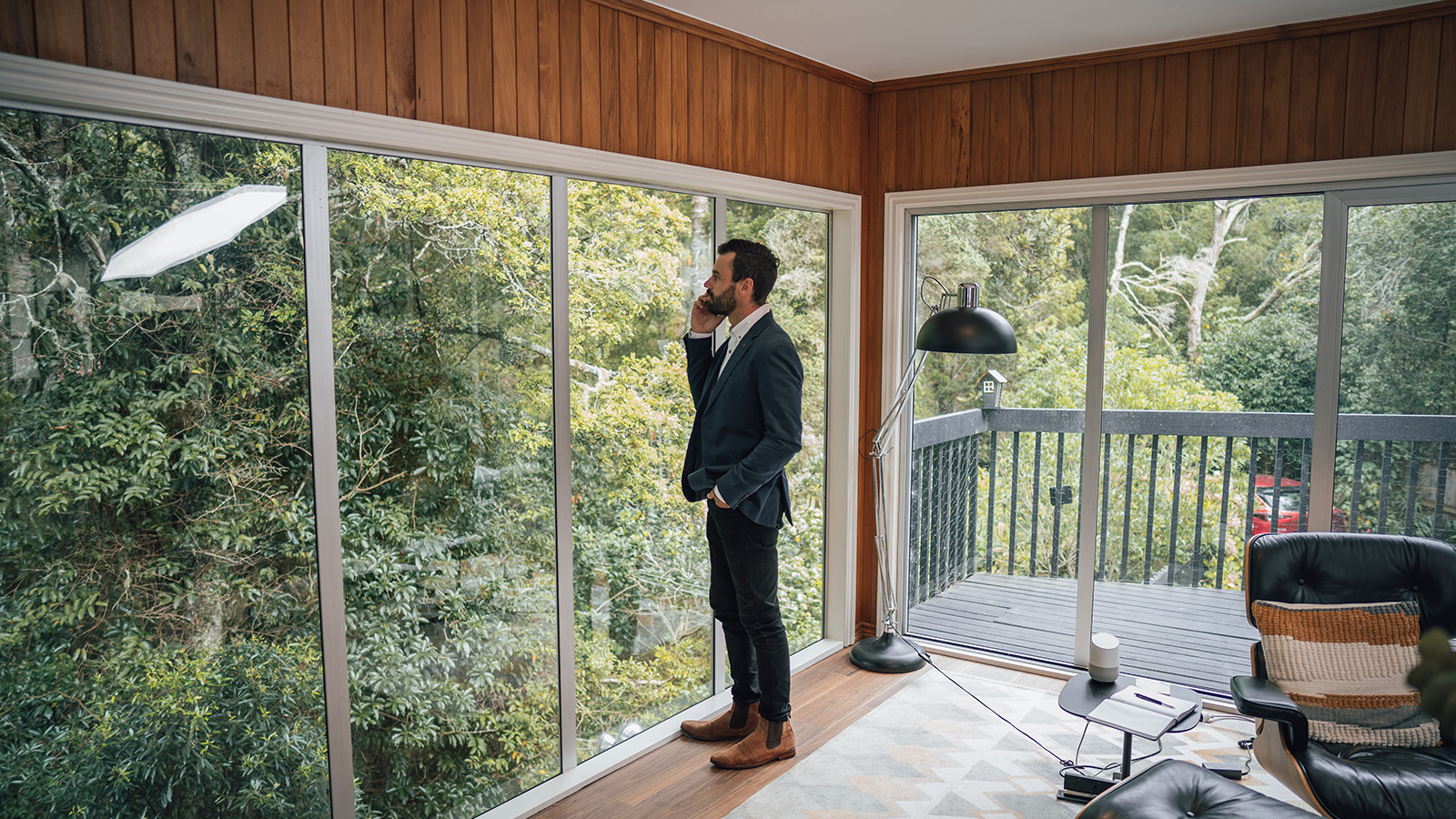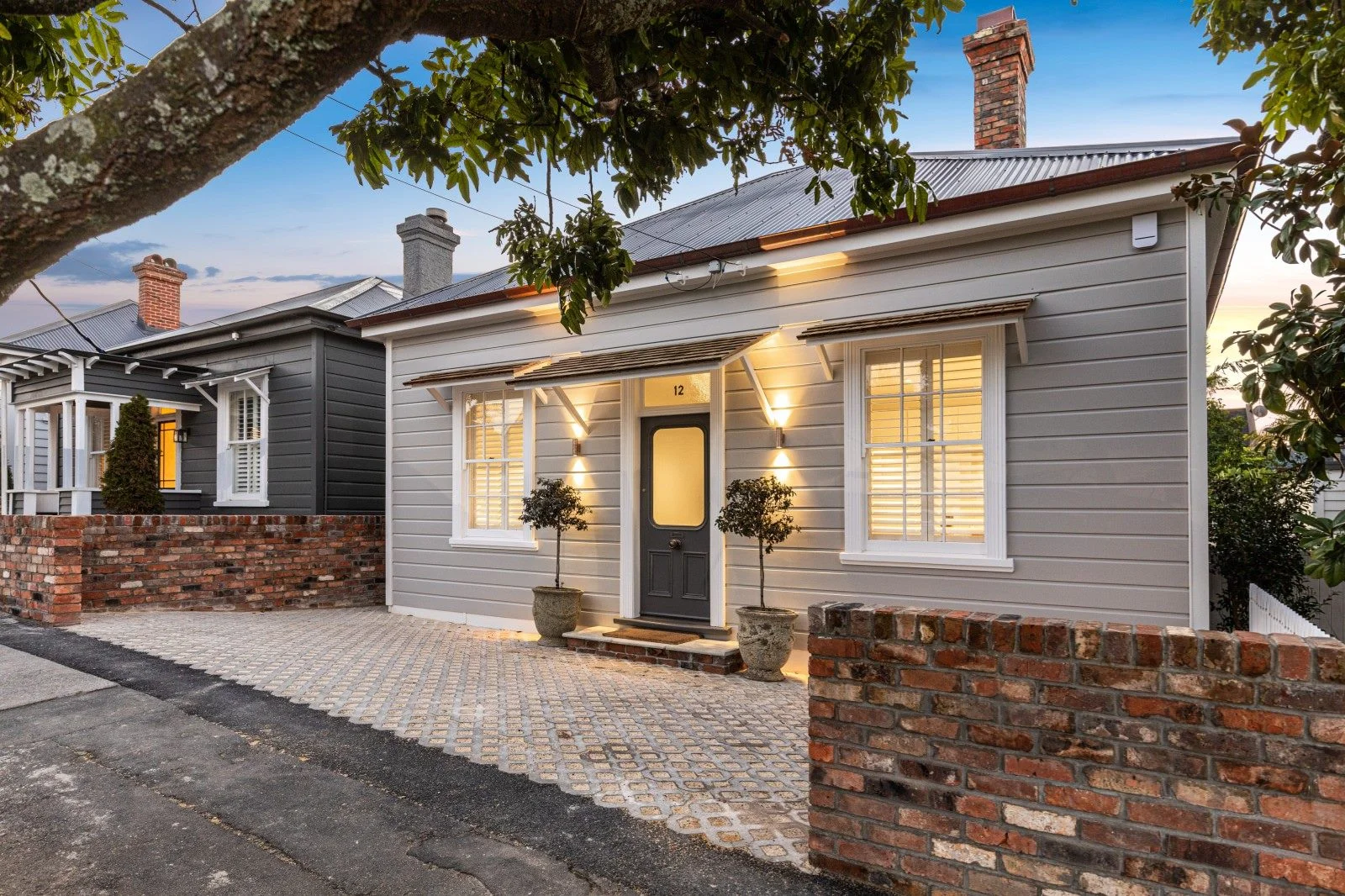Buying guide
Everything you need to know about investment home loans
Home loans for investment property work a little different to your average mortgage

Getting a deposit together
Leveraging your existing property
Using a non-bank lender
Buying a new build
Sorting your investment home loan is the first step toward buying an investment property.
Type of property to consider
Residential
Short term accommodation
Commercial
Figuring out your strategy
Buy and hold
Before buying an investment property you should always speak to experts.
Buy and flip
Interest-only mortgages
Doing your sums
Buying an investment property is easier with a good lender behind you.
Applying for an investment loan
Investment home loan pre-approval
Before you start searching for properties it’s a great idea to get pre-approval from your bank or lender.
Getting expert advice on your investment home loan
Author
Search
Other articles you might like




.jpg)





